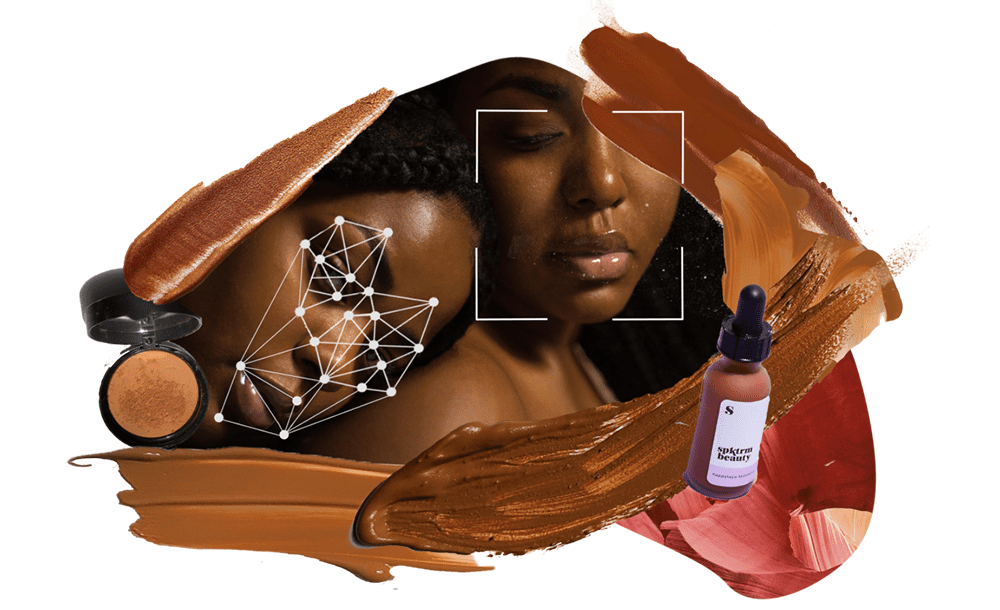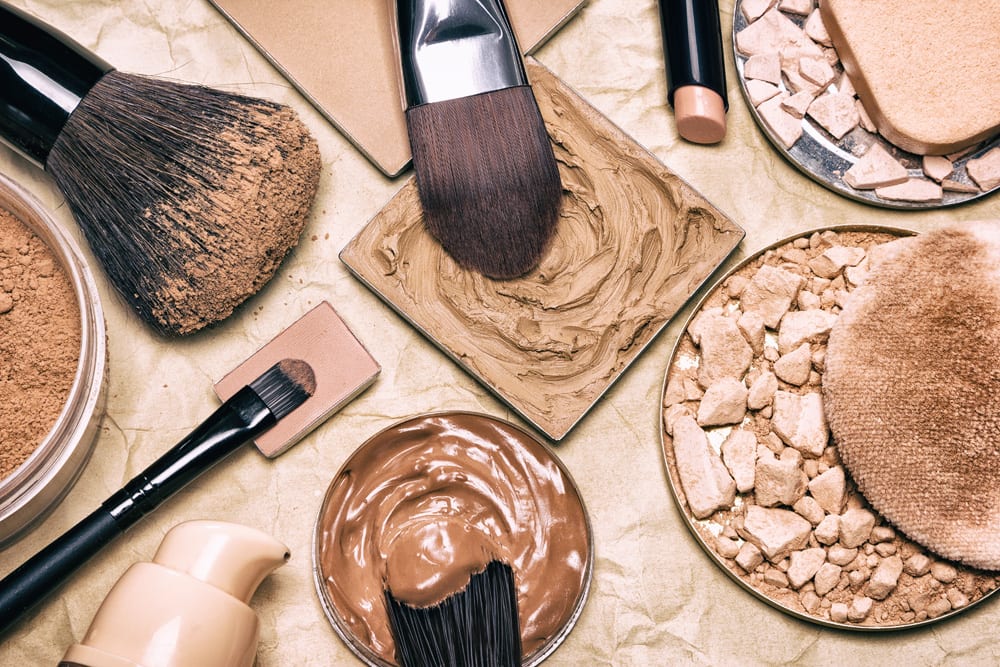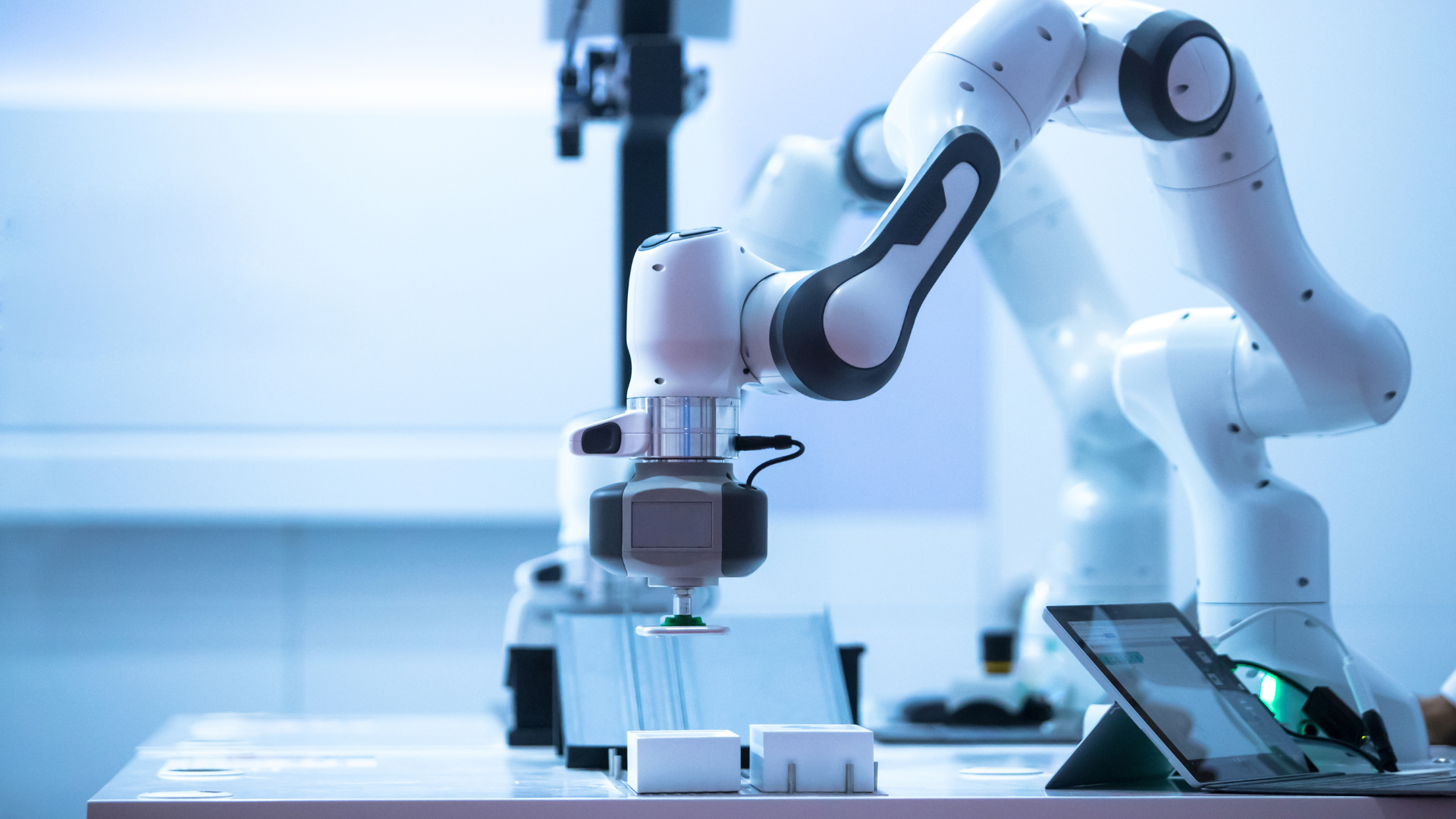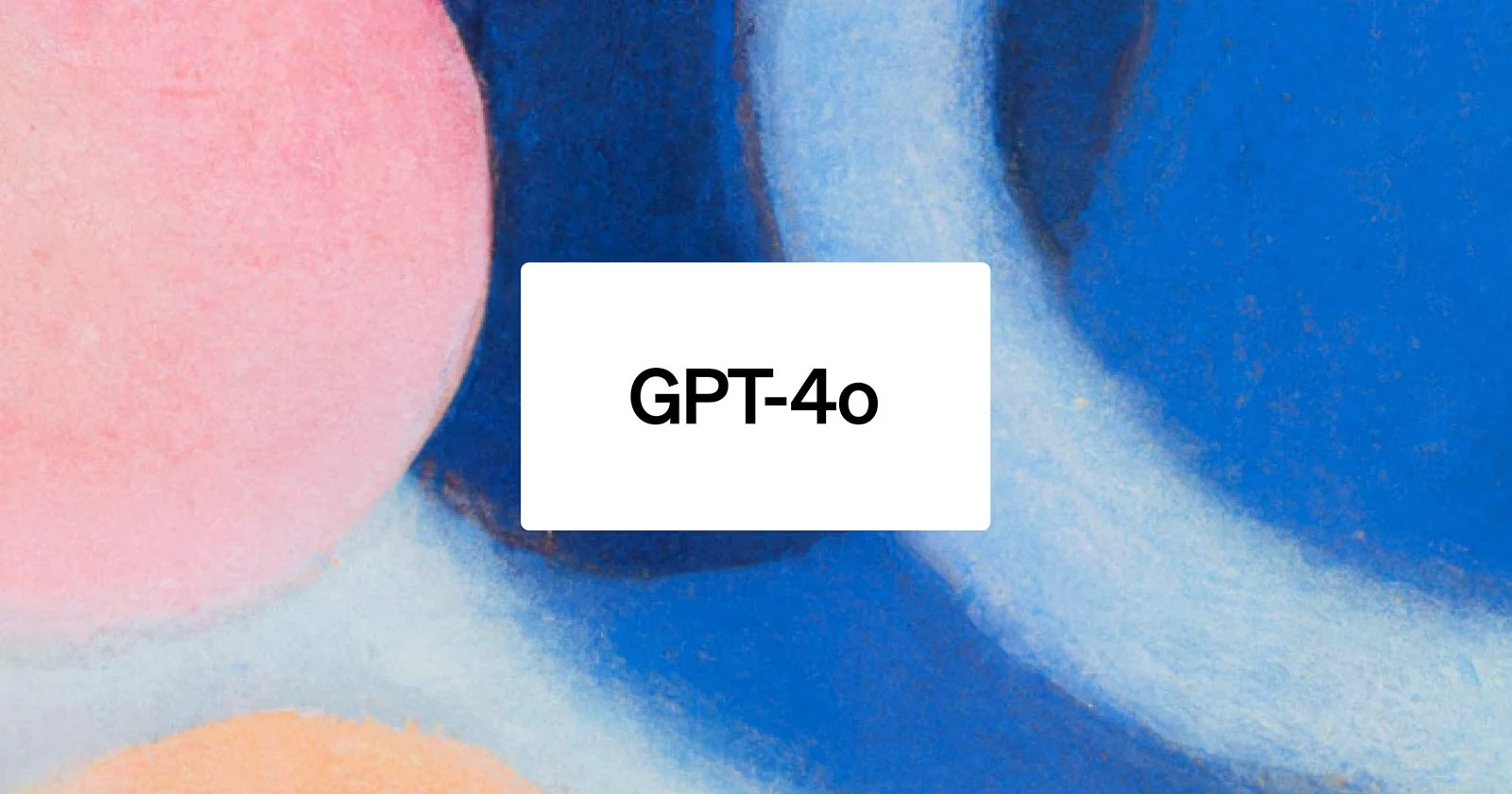

How artificial intelligence is changing the beauty industry
Creator of computer vision tool, Nudemeter, Atima Lui is on a mission to help all people of colour find a perfect skin tone shade match for their cosmetics.
In 2017, Rihanna introduced her groundbreaking Fenty Beauty line with 40 shades of foundation. This breakthrough in the beauty industry allowed people with darker skin to have more accessible options that fit their complexion and pushed competing brands to diversify their palettes or face public backlash.
Lui, on the other hand, is now hoping to do the same for colour matching. With makeup, finding the perfect shade is often left to guesswork. This is where Nudemeter comes in handy as a tool – users simply upload a selfie and complete a short quiz and an algorithm suggests the product that best matches their skin tone.


Lui first conceived this idea back in 2016, during her first year at Harvard Business School and admits that developing Nudemeter was not an easy task. Just like the beauty industry, the world of facial recognition technology is also is guilty of light-skin bias. A 2018 MIT study, led by Algorithmic Justice League founder Joy Buolamwini, found that commercial artificial intelligence systems had error rates as high as 35% when identifying the features of darker-skinned women, compared to less than one per cent for lighter-skinned men.
To avoid this problem, Lui trained her algorithm with images that represented the skin colour spectrum more accurately, from the palest whites to the darkest browns.
Supporting this, she called out for volunteers of all skin tones to submit photos of themselves in order to create a dataset that was then sent to colour analysis and digital image processing specialists. They made sure the algorithm could deduce the user’s true skin tone, regardless of the conditions in which the photo was taken or the device used to take the photo. Lui explains:
It’s all about using AI to predict the color of the real scene that is depicted in the image, and not actually measuring the color from the pixels.
In 2018, Nudemeter was awarded the grand prize for Coty’s Digital Accelerator Start-Up Program.
The potential for this technology in the future is great, as Lui hopes to see further growth in terms of colour matching and envisions that her proprietary dataset can be shared with other companies attempting to combat existing biases and create more inclusive AI technologies.
“I’m really proud of how well my technology can measure the skin tones, undertones and differences of dark-skinned women… But how is the technology reading the faces of people with vitiligo? What about people who are bald and have hair loss? What about people who are over 70 years old and might have a lot of wrinkles? This work of creating inclusive and representative technology is never done.” She says.






